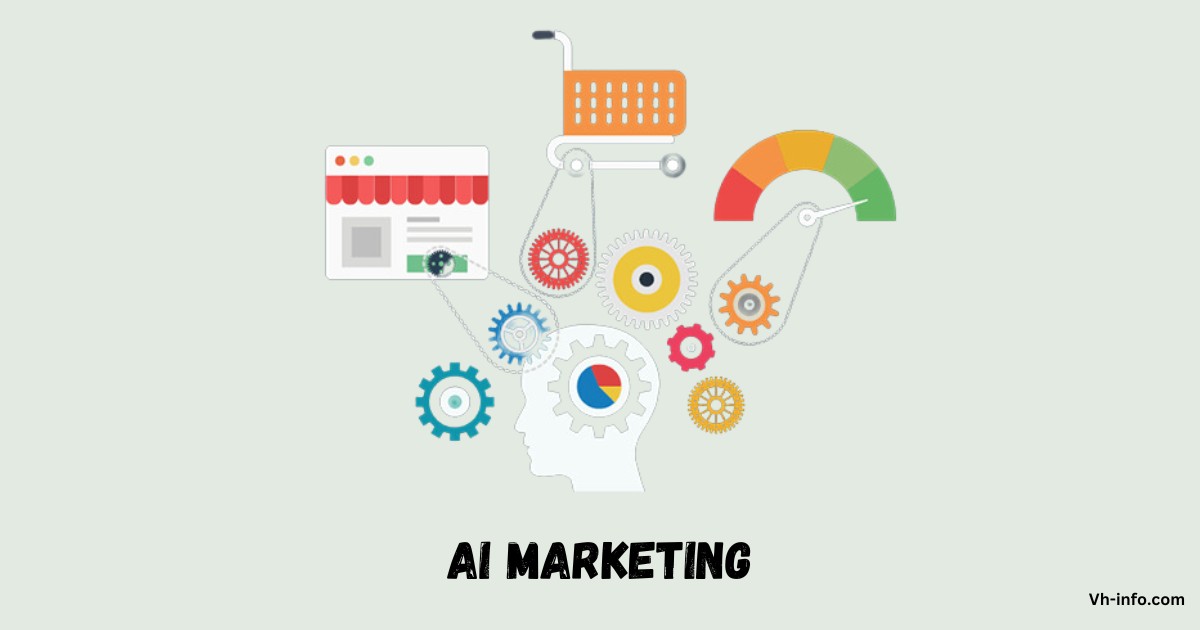In the rapidly evolving world of digital marketing, artificial intelligence (AI) has emerged as a game-changer for SaaS companies.
AI marketing harnesses the power of machine learning, big data, and advanced analytics to revolutionize the way businesses approach customer engagement, personalization, and campaign optimization.
As a leading provider of premium link building services for SaaS companies, VH-info recognizes the immense potential of AI in marketing and is committed to helping our clients leverage this technology to achieve unparalleled success.
What is AI Marketing?
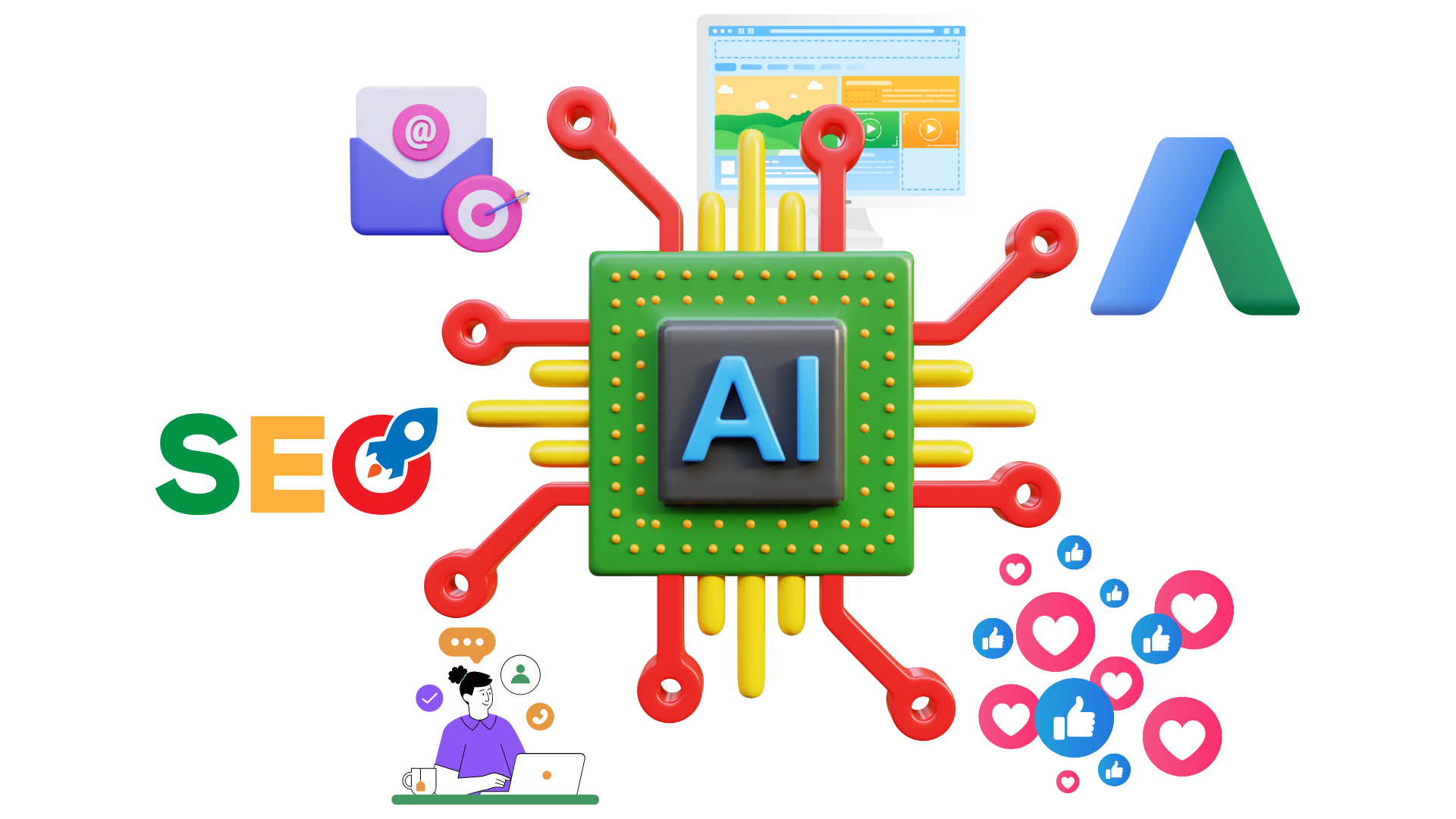
AI marketing refers to the use of artificial intelligence technologies, such as machine learning and natural language processing, to automate, optimize, and personalize marketing efforts.
AI algorithms can analyze extensive customer data to recognize patterns, forecast behavior, and provide precise marketing messages on different platforms like social media, email, and websites.
With AI technology, you can analyze customer behavior, predict outcomes, automate marketing tasks, and create and personalize marketing content through automation tools and other marketing activities.
Why AI is a Game Changer?
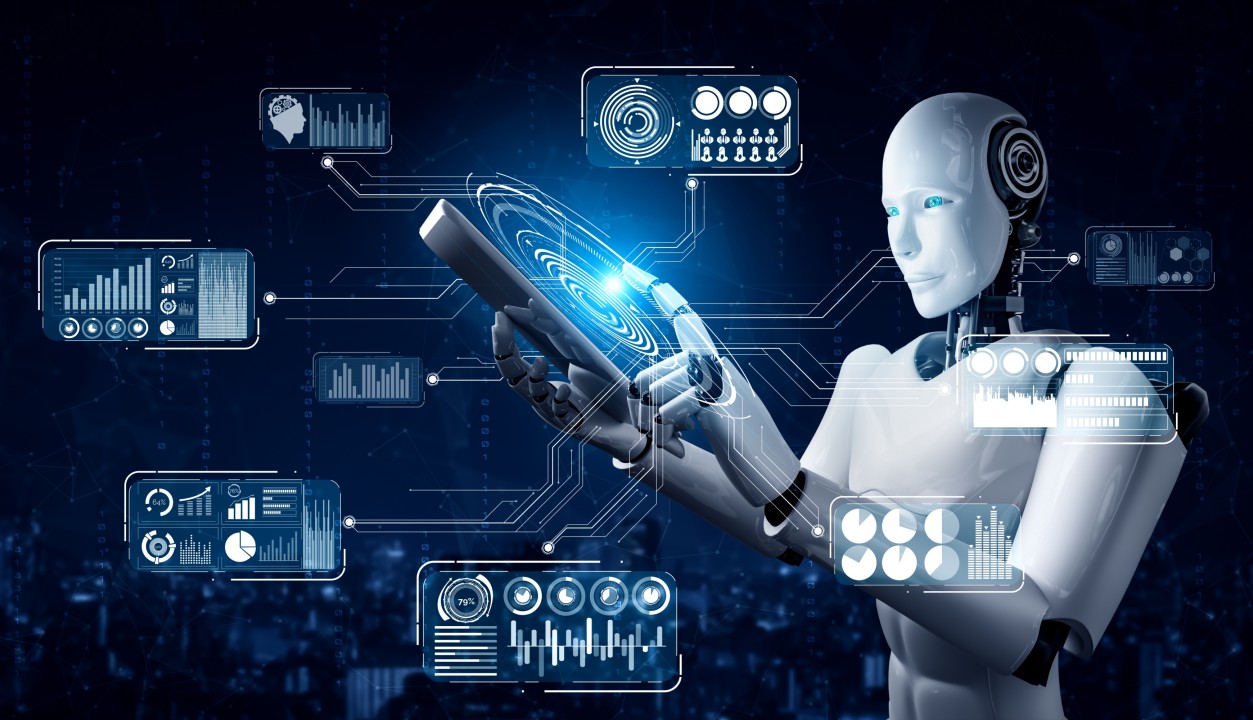
AI is revolutionizing marketing by enabling SaaS companies to:
- Personalize customer experiences at scale
- Automate repetitive tasks and streamline workflows
- Make data-driven decisions based on real-time insights
- Optimize campaign performance and ROI
- Identify new market opportunities and trends
How AI will be Used in Marketing?
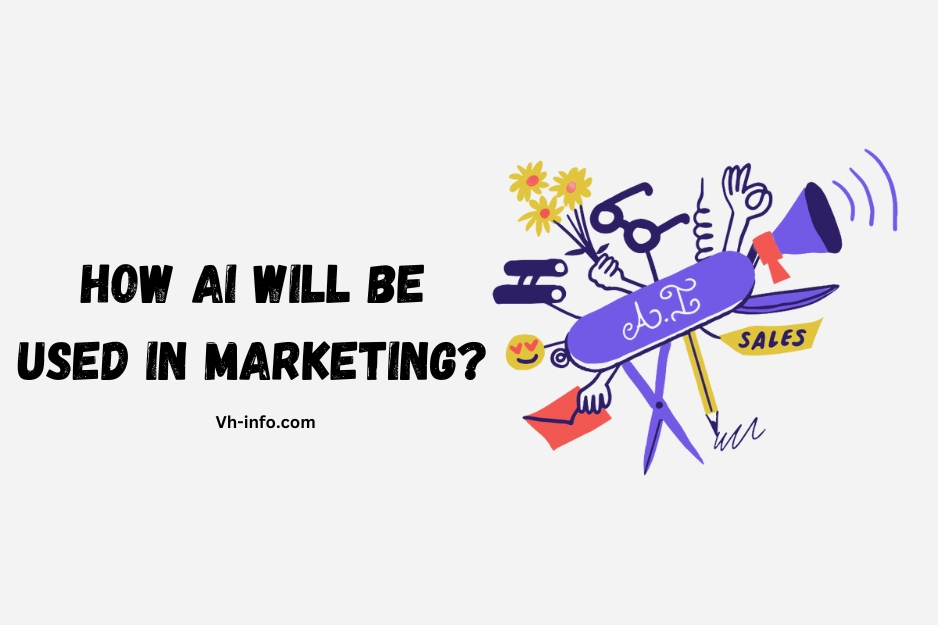
AI will be used in various aspects of marketing, including:
- Personalized content creation and recommendations
- Predictive analytics for audience segmentation and targeting
- Chatbots and virtual assistants for customer support
- Sentiment analysis for social media monitoring and reputation management
- Automated ad optimization and bid management
How Do I Start AI Marketing?

To embark on your AI marketing journey, follow these steps:
- Define your marketing goals and KPIs
- Identify the AI tools and platforms that align with your objectives
- Collect and organize high-quality customer data
- Train and test AI models using your data
- Integrate AI into your existing marketing tech stack
- Monitor, analyze, and optimize AI-driven campaigns
Benefits of AI Marketing
- Enhanced personalization and customer engagement
- Improved efficiency and productivity
- Data-driven insights for better decision-making
- Increased conversion rates and ROI
- Competitive advantage in the market
Limitations of AI Marketing
- Requires high-quality data for accurate predictions
- Potential for biased outcomes if trained on biased data
- Lack of human touch and empathy in certain contexts
- Dependence on technology and infrastructure
- Ethical concerns around data privacy and transparency
What Are The Types Of AI Marketing Solutions?
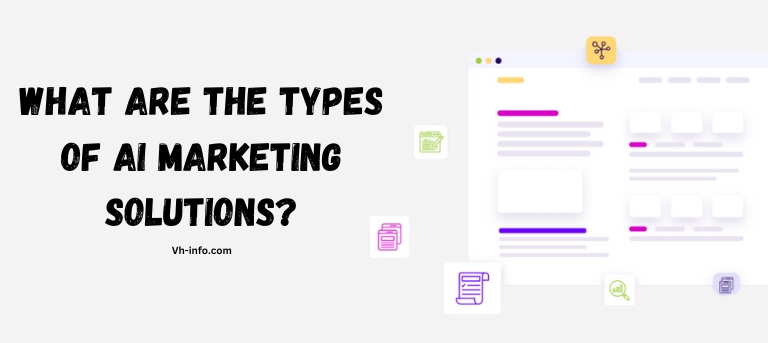
Machine Learning
Machine learning algorithms analyze vast amounts of customer data to identify patterns, predict behavior, and optimize marketing strategies. For example, machine learning can help SaaS companies personalize content recommendations, segment audiences, and optimize ad targeting.
Big Data and Analytics
AI-powered big data analytics enable marketers to process and derive insights from massive volumes of structured and unstructured data. By leveraging big data, SaaS companies can gain a deeper understanding of customer behavior, preferences, and trends, leading to more informed decision-making and targeted marketing efforts.
AI Marketing Platforms & Tools
AI marketing platforms and tools, such as Sprout Social, offer a range of capabilities, including social media management, content creation, email marketing, and customer support. These tools leverage AI algorithms to automate tasks, optimize performance, and deliver personalized experiences across multiple channels.
How Does AI Contribute to Personalization in Marketing Campaigns?
AI contributes to personalization in marketing campaigns by analyzing customer data, such as demographics, behavior, and preferences, to deliver tailored content, product recommendations, and offers.
How can AI in Marketing Help me Reach my Customers and Personalize their Experience?
AI in marketing can help you reach your customers and personalize their experience by:
- Segmenting audiences based on shared characteristics and behaviors
- Delivering personalized content and recommendations across channels
- Optimizing email campaigns with dynamic content and send times
- Providing 24/7 customer support through chatbots and virtual assistants
- Analyzing customer sentiment and feedback for proactive engagement
How Using AI in Marketing Can Improve ROI?
Using AI in marketing can improve ROI by:
- Optimizing ad targeting and bidding to reduce wasted spend
- Personalizing content to increase engagement and conversion rates
- Automating repetitive tasks to save time and resources
- Identifying high-value customers and opportunities for upselling
- Continuously learning and adapting to changing market trends
What is the Best AI on the Market?
The best AI marketing tools on the market include:
- Sprout Social for social media management and analytics
- Salesforce Einstein for CRM and marketing automation
- Adobe Sensei for content creation and personalization
- Google AI for ad optimization and customer insights
- IBM Watson for natural language processing and sentiment analysis
What Does the Future of AI Marketing Look Like ?
The future of AI marketing looks promising, with continued advancements in machine learning, natural language processing, and big data analytics.
As AI becomes more sophisticated and accessible, SaaS companies and business leaders will be able to deliver increasingly personalized and engaging customer experiences, automate more complex tasks, and make faster, more accurate decisions based on real-time data.
This will also lead to enhanced customer care, as AI can assist with inquiries and provide personalized support to customers throughout the entire customer journey, including content generation for marketing materials.
What Are The Generative AI Marketing Predictions And Trends?
ChatGPT is Just the Beginning
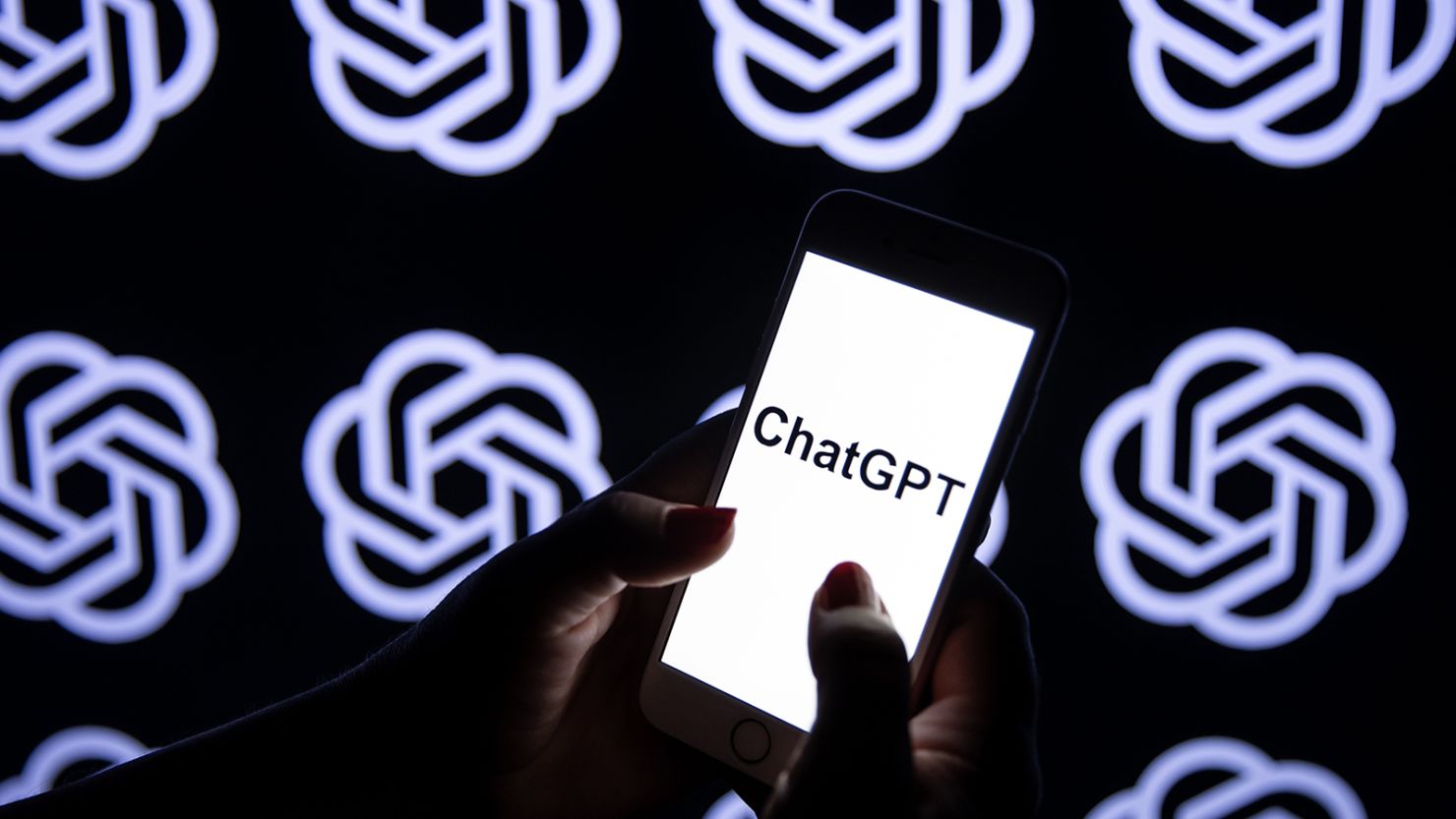
ChatGPT, the AI-powered language model developed by OpenAI, has taken the world by storm with its ability to generate human-like text. However, this is just the beginning of generative AI’s potential in marketing, as more advanced models and applications emerge.
Generative AI is Growing
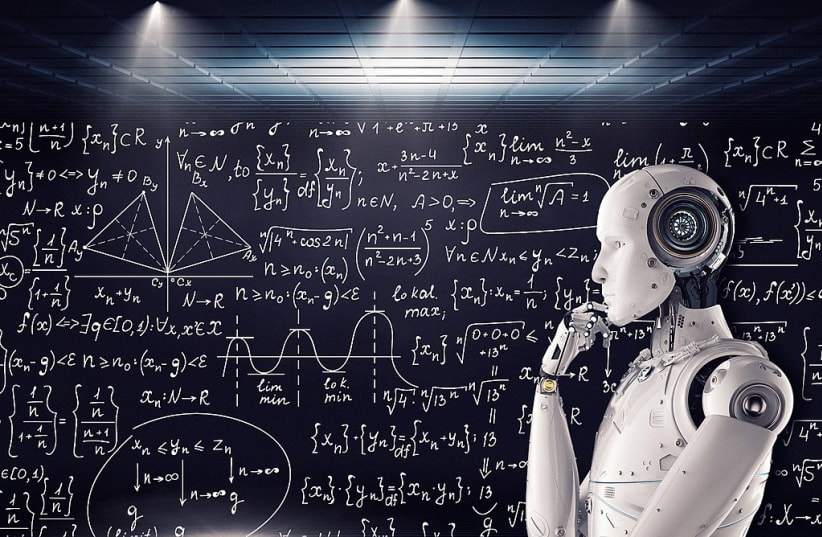
Generative AI, which creates new content based on learned patterns, is rapidly growing in popularity and sophistication. From text and images to videos and audio, generative AI will enable SaaS companies to create personalized, engaging content at scale.
Teams Will Scale Through AI
AI will empower marketing teams to scale their efforts by automating repetitive tasks, optimizing campaigns, and generating insights. By leveraging AI, SaaS companies can achieve more with less, freeing up resources for strategic initiatives and innovation.
Generative AI in Increasing Productivity, Efficiency, and Innovation
Generative AI will play an important role in increasing productivity, efficiency, and innovation in marketing.
Generative AI will assist SaaS companies in staying ahead of the curve and fostering business growth through automating content creation, personalizing experiences and customer service for their target audience, and identifying new opportunities.
What are the Examples of AI in Marketing?
Examples of AI’s competitive intelligence and data analysis in marketing include:
- Netflix’s personalized content recommendations. Their AI can handle and sort larger datasets in real time and give actionable insights in less time.
- Sephora’s virtual try-on feature for makeup products helps in reaching out to more potential customers.
- Starbucks’ AI-powered mobile app for personalized offers and rewards
- Nike’s AI-driven product design and inventory management
- Spotify’s AI-curated playlists and music recommendations
FAQ’s:
Is AI Replacing Marketers?
No, AI is not replacing marketers. Instead, it is augmenting their capabilities and enabling them to work smarter and more efficiently. AI tools can automate repetitive tasks, provide data-driven insights, and optimize campaigns, but human creativity, empathy, and strategic thinking remain essential for successful marketing.
Will AI Take Over Digital Marketing?
AI will not take over digital marketing entirely, but it will play an increasingly important role in automating, optimizing, and personalizing marketing efforts. Marketers who embrace AI and learn to leverage its capabilities will be well-positioned for success in the digital age.
Is AI in Marketing Only for Big Businesses?
No, AI in marketing is not only for big businesses. Many AI tools and platforms are accessible and affordable for businesses of all sizes, including SaaS startups and SMEs. By leveraging AI, smaller companies can level the playing field and compete more effectively with larger rivals.
Is AI in Marketing Ethical?
AI in marketing can be ethical if used responsibly and transparently. Companies must ensure that their AI systems are trained on unbiased data, respect customer privacy, and avoid manipulative or deceptive practices.
By prioritizing ethics and transparency, SaaS companies can build trust with their customers and use AI-driven recommendation engines for the benefit of all stakeholders, including through the use of social listening to understand and respond to customer needs and concerns.
Can AI Completely Automate Marketing Campaigns?
While AI can automate many aspects of marketing campaigns, such as ad targeting, content creation, and email scheduling, it cannot completely automate the entire process. Human oversight, creativity, and strategic decision-making are still necessary to ensure that campaigns are aligned with business goals, brand values, and customer needs.
How is AI used in Marketing Strategies?
AI is used in various marketing strategies, including:
- Personalization: Delivering tailored content and experiences based on customer data
- Predictive analytics: Identifying trends, forecasting demand, and optimizing campaigns
- Customer segmentation: Grouping customers based on shared characteristics and behaviors
- Content creation: Generating personalized content, such as product descriptions and email subject lines
- Chatbots and virtual assistants: Providing 24/7 customer support and engagement
Conclusion
AI marketing is transforming the way SaaS companies approach customer engagement, personalization, and campaign optimization.
Businesses can enhance their competitive advantage, boost ROI, and provide outstanding customer experiences by utilizing machine learning, big data analytics, and AI tools..
Staying ahead of AI marketing trends and best practices enables us to help our clients succeed in the digital era and create enduring connections with their customers.
As a trusted partner for SaaS link building services, VH-info is committed to helping our clients harness the power of AI to achieve their marketing goals and drive sustainable growth.

